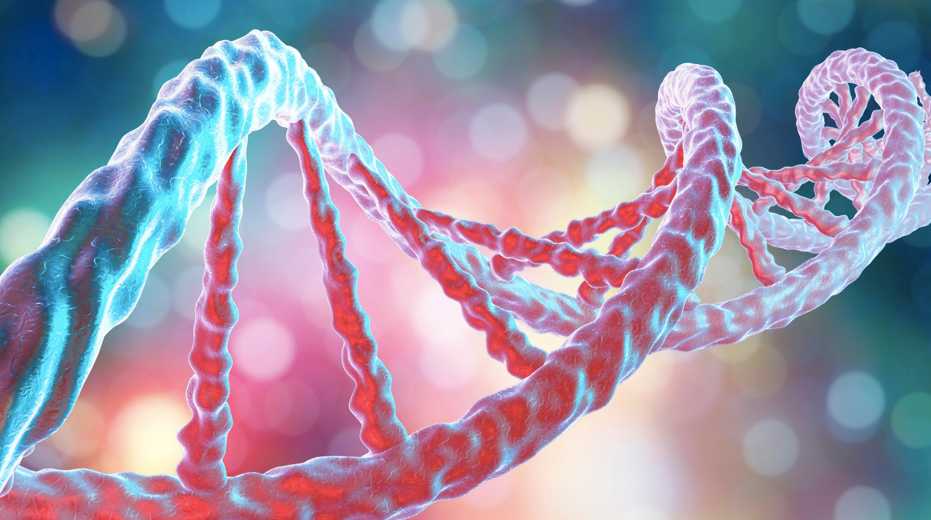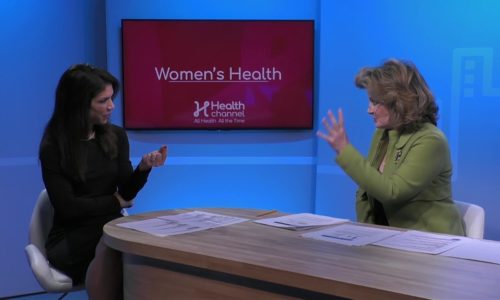Which Genes Are Associated with Breast Cancer? | Health Channel |
 In an interview with the Health Channel, Cristina Flanagan Duran, Genetics Counselor with Miami Cancer Institute, breaks down which genes are associated with hereditary breast cancer.
In an interview with the Health Channel, Cristina Flanagan Duran, Genetics Counselor with Miami Cancer Institute, breaks down which genes are associated with hereditary breast cancer.
First, Cristina talks about BRCA 1 and 2. She says that these are high risk genes for breast cancer. There are different estimates of how likely you are to get breast cancer with these genes, but it is close to about a 70 percent risk. Another high-risk gene is the PTEN gene, which is also associated with a condition called Cowden Syndrome.
Cristina stresses that there are also many other moderate risk genes associated with breast cancer. Although BRCA 1 and 2 have the highest numbers, there are many to look out for.
TP53 is another genetic mutation to look out for. It is associated with an increased risk of breast cancer, typically in young women. Women who get cancer at an early age such as in their 20s or early 30s, are usually suspect for the TP53 gene.
To watch the full segment of Cristina Flanagan Duran defining the genes commonly associated with breast cancer, visit the Health Channel’s YouTube channel at: https://www.youtube.com/c/AllHealthGo








